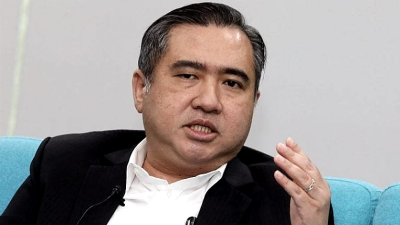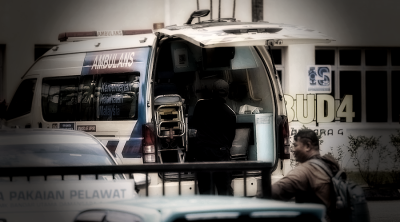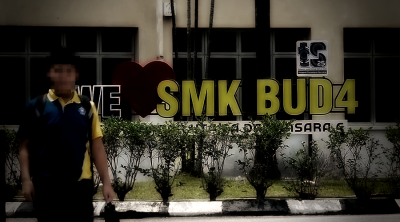I fully support the Director-General of the Ministry of Education Malaysia (MOE) and the Ministry’s stand against the caning of students.
It is time we move away from old ideas of discipline that rely on fear and physical pain.
True discipline is not about punishment. It is about helping children understand that every choice has a consequence.
Why punishment alone fails
There are some who call for the cane to return. But caning is not the answer. It may stop bad behavior for a moment, but it does not help a child understand why their actions are wrong.
It teaches fear, not responsibility. The pain fades quickly, but the lesson does not last.
In today’s world, children must learn that the real consequences of poor judgment are not physical but social, emotional, and professional.
What they do now will one day affect their relationships, careers, and reputation.
If we only focus on physical punishment, we fail to prepare them for the real world.
The power of partnership
Discipline works best when schools and parents stand together. Misconduct should never be handled in isolation. It takes shared understanding and cooperation between teachers and parents to guide a child towards reflection and change.
The consequence for bad behavior must be painful enough to make an impact, yet constructive enough to teach. It should involve losing something meaningful.
For most students today, nothing is more valuable than their digital life.
A new approach: The digital timeout
Instead of caning, I propose a strict Digital Timeout.
When a student makes a serious mistake, the school and parents work together to set a period where the student is restricted from using non-essential digital devices such as social media, smartphones, and gaming.
This approach works because:
■ It is tangible and relevant. Losing access to their digital world is a real consequence that affects their daily life and choices.
■ It mirrors real-world outcomes. In adulthood, poor decisions often lead to the loss of trust, opportunity, or privilege.
■ It requires cooperation. Teachers identify the issue, but parents carry out and monitor the consequence at home. This shared responsibility reinforces accountability and ensures the child learns from it meaningfully.
Discipline with purpose
We must stop viewing caning as a quick solution. The real work is harder. It involves communication, consistency, and compassion.
It means parents and schools walking side by side to teach children that choices matter, that respect must be earned, and that responsibility begins with understanding how our actions affect others.
Only then will discipline become not a punishment to fear, but a lesson that helps children grow into thoughtful, accountable adults.

(Scott J Wong, Persatuan Kebajikan Rolf Schnyder.)
ADVERTISEMENT
ADVERTISEMENT








































